Korean Labor Standards Act (3)
December 26, 2019Who is to foster your children when you divorce?
December 26, 2019
This is the fourth and the last posting on Korean Labor Standards Act (hereafter referred to as “the Act”). In this posting, let’s focus on how to deal with the situation in case you are not paid wages or severance or other valuables for your labor by your employer. Getting well paid for your labor must be the most important issue for an employee. I’d like to share knowledge on how to get well paid for your labor.
First, you cannot be too careful to look into your labor contract when you make it. An employee might be disadvantaged if clauses on wages or severance of the labor contract are tricky. Therefore, you need to closely examine how much the wage, incentives and severance are and how they are calculated. Please refer to the Article 17 of the Act when you sign a labor contract as follows;
Article 17 (Clear Statement of Terms and Conditions of Employment)
(1) An employer shall state the following matters clearly. The same shall also apply to any alteration of the following matters after entering into a labor contract.
1. Wages;
2. Contractual work hours;
3. Holidays under Article 55;
4. Annual paid leaves under Article 60;
5. Other terms and conditions prescribed by Presidential Decree.
(2) An employer shall deliver the written statement specifying constituent items, calculation methods and payment methods of wages with respect to the wages under paragraph (1) 1 and the matters prescribed in subparagraphs 2 through 4 to workers: Provided, That where the matters under the main sentence is modified due to reasons prescribed by Presidential Decree, such as changes, etc. of collective agreements or rules of employment, such matters shall be delivered to the relevant workers at their request.
Second, I’d like to emphasize that the Article 20 of the Act prohibits predetermining penalty for breach of contracts. The purpose of the Article is to prevent employers from forcing employees to work. I’ve already explained the Article 20 of the Act in the previous posting, but I’d like to mention it again, I’ve received several inquiries on the contracts prescribing the amount of compensation in case employees breach the contract. If there are clauses predetermining penalty, it is necessary to request to remove the clauses. I, again, inform you of the Article 20 of the Act as below;
Article 20 (Prohibition against Predetermination of Penalty for Breach of Contracts)
An employer shall not enter into any contract in which a penalty or indemnity for possible damages caused by the breach of a labor contract is predetermined.
Third, if you retire the work, the wages and severance would be paid within 14 days from the retirement. Please note that the interest on the delayed payments shall accrue if the employer doesn’t pay the money that he or she should have paid. The relevant Articles of the Act are as follows;
Article 36 (Settlement of Payments)
When a worker dies or retires, the employer shall pay the wages, compensations, and other money or valuables within 14 days after the cause for such payment occurred: Provided, That the period may, under special circumstances, be extended by mutual agreement between the parties concerned.
Article 37 (Interest for Delayed Payment of Wages)
(1) When an employer fails to pay the whole or a part of the wages and the allowances (referring to only lump-sum allowances) provided for in subparagraph 5 of Article 2 of the Guarantee of Workers’ Retirement Benefits Act which he/she is liable to pay under Article 36 within 14 days after the cause for such payment occurred, he/she shall pay interest accrued for the delayed days from the following day to the day of the payment in accordance with the interest rate prescribed by Presidential Decree by taking account of the economic situations such as overdue interest rates etc. applied by the banks established under the Banking Act within the limit of 40/100 per year.
(2) The provisions of paragraph (1) shall not apply where an employer delays the payment of wages for natural disasters, calamities, or other reasons prescribed by Presidential Decree, for the period in which the said reasons exist.
Fourth, what actions can you take in case the employer doesn’t pay the money that you are supposed to be paid? You may terminate the contract and file a claim for the damage with Labor Relations Commission. Article 19 of the Act states as follows;
Article 19 (Breach of Terms and Conditions of Employment)
(1) When any of the terms and conditions of employment as expressly set forth pursuant to Article 17 is not observed, the worker concerned shall be entitled to claim damages on the ground of the breach of the terms and conditions of employment and may terminate the labor contract forthwith.
(2) When a worker intends to claim damages in accordance with paragraph (1), he/she may file a claim with the Labor Relations Commission, and, if the labor contract has been terminated, the employer concerned shall provide travel expenses for returning home to the worker who changes his/her residence for the purpose of taking up a new job.
The action most often used is reporting the delayed payment wage with Regional Employment and Labor Administration in your area. The processes are as follows
(1) When delayed payment is reported, a labor supervisor will be assigned, and the employer will be notified within a week or two weeks.
(2) A labor supervisor will call the employer and the employee to investigate the issue. Investigation will take approximately 25 days.
(3) If the employer is found to have delayed the payment, the labor supervisor will order payment to the employer.
(4) If the employer pays the money to the employee, the case is ended. However, unless the employer pays, the case will be sent to the public prosecutor’s office. The employers who doesn’t pay the money or severance or other valuables for the employee shall be punished by imprisonment for not more than three years or by a fine of not exceeding 20 million won according to Article 109 of the Act.
(5) If the employer doesn’t pay for the money in spite of payment order of a labor supervisor, the employee may file for a small substitute payment or a civil suit with the court. The employee may get paid through the compulsory execution with final judgment.
Lastly, finishing the series of posting on Korean Labor Standards Act, I would like to mention the resignation. The Act doesn’t clearly state the resignation of worker. The worker may resign whenever he or she wants if he or she gives notification to the employer and the employer accepts it. However, what if the employer doesn’t accept it? In this situation, the Article 660 of Korean Civil Act may be applied. The Article is as follows;
Article 660 (Notice of Rescission for Future of Contract of Employment in which No Period has been Fixed)
(1) If no period for the employment has been fixed by the parties, either party may give notice to the other party of his intention to rescind the contract for the future at any time.
(2) In the case of paragraph (1), the notice of intention to rescind for the future becomes effective after one month has elapsed from the date of receipt by the other party of such notice.
(3) If remuneration has been fixed on a set and regular periodical basis, the rescission of the contract for the future shall be deemed to be effective after one full period has elapsed from the date of completion of the current period during which the other party received the notice of intention to rescind the contract for the future.
If you leave the work without notice or your resignation is not approved by your employer, your employer may claim a compensation for the damage your sudden resignation. Accordingly, please be careful when you resign.
I’ve finished the series of postings on Korean Labor Standards Act. As I mentioned in the first posting on the Act, I’ve seen not a few workers having labor issues due to their labor contracts having clauses against the Act. Therefore, I was to help the workers to understand their rights and keep them. I hope that this series of postings would be useful when the workers have questions on labor contracts or other labor issues.
If you have any Korean Labor Standards Act inquiries, please request a consultation (https://lawyerhwang.com/consultation/). My office is located near Seoul District Court and Gyodae station in Seoul.
All rights reserved
Related posts
Blog Articles
Contact Information
201, 160, Seochojungang-ro, Seocho-gu, Seoul, Republic of korea.
Phone: +82-2-535-1235
Mobile: 010 5349 1235
Fax: +82-2-536-1236
Email: [email protected]

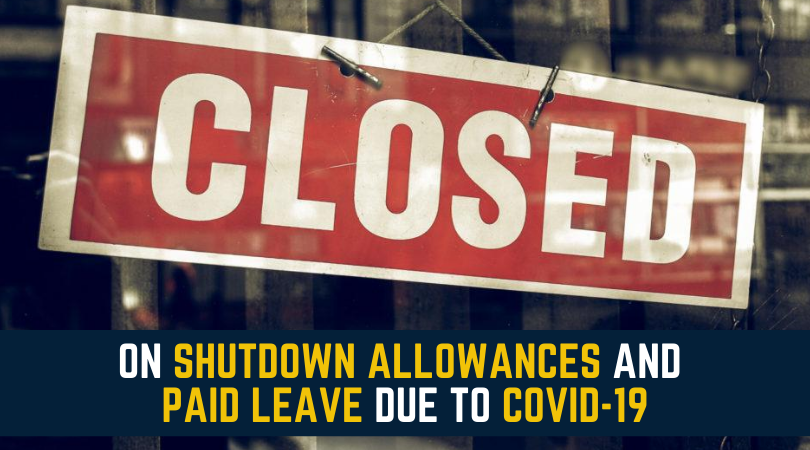
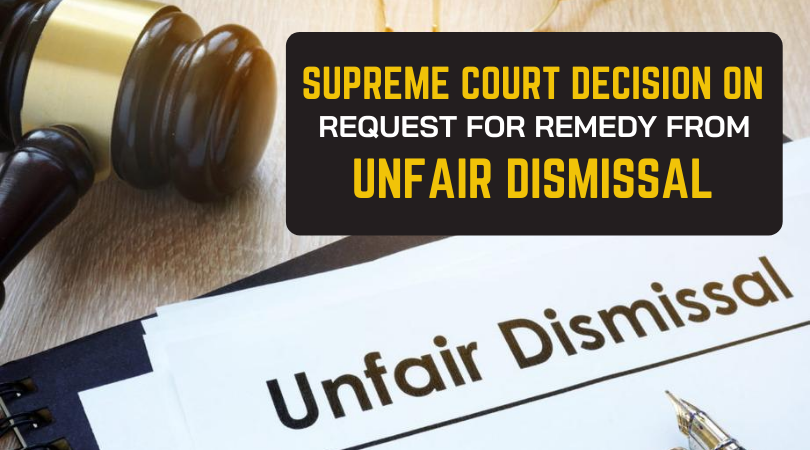



























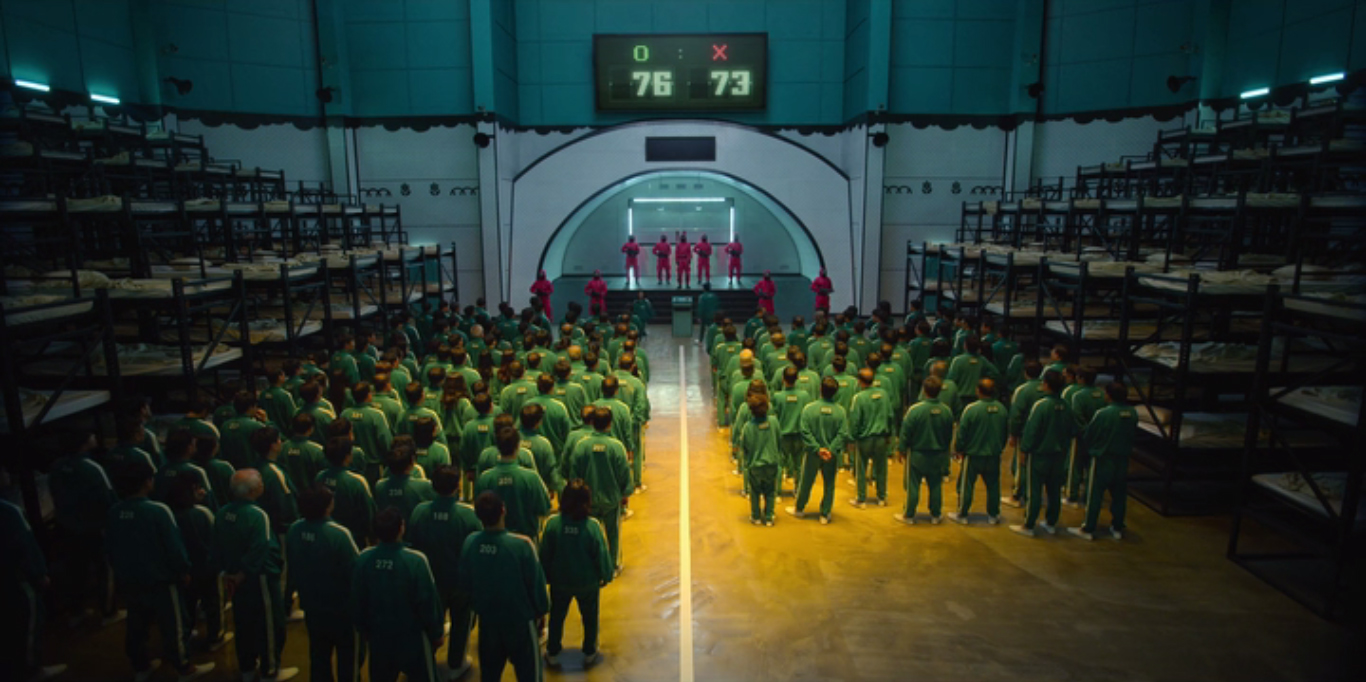

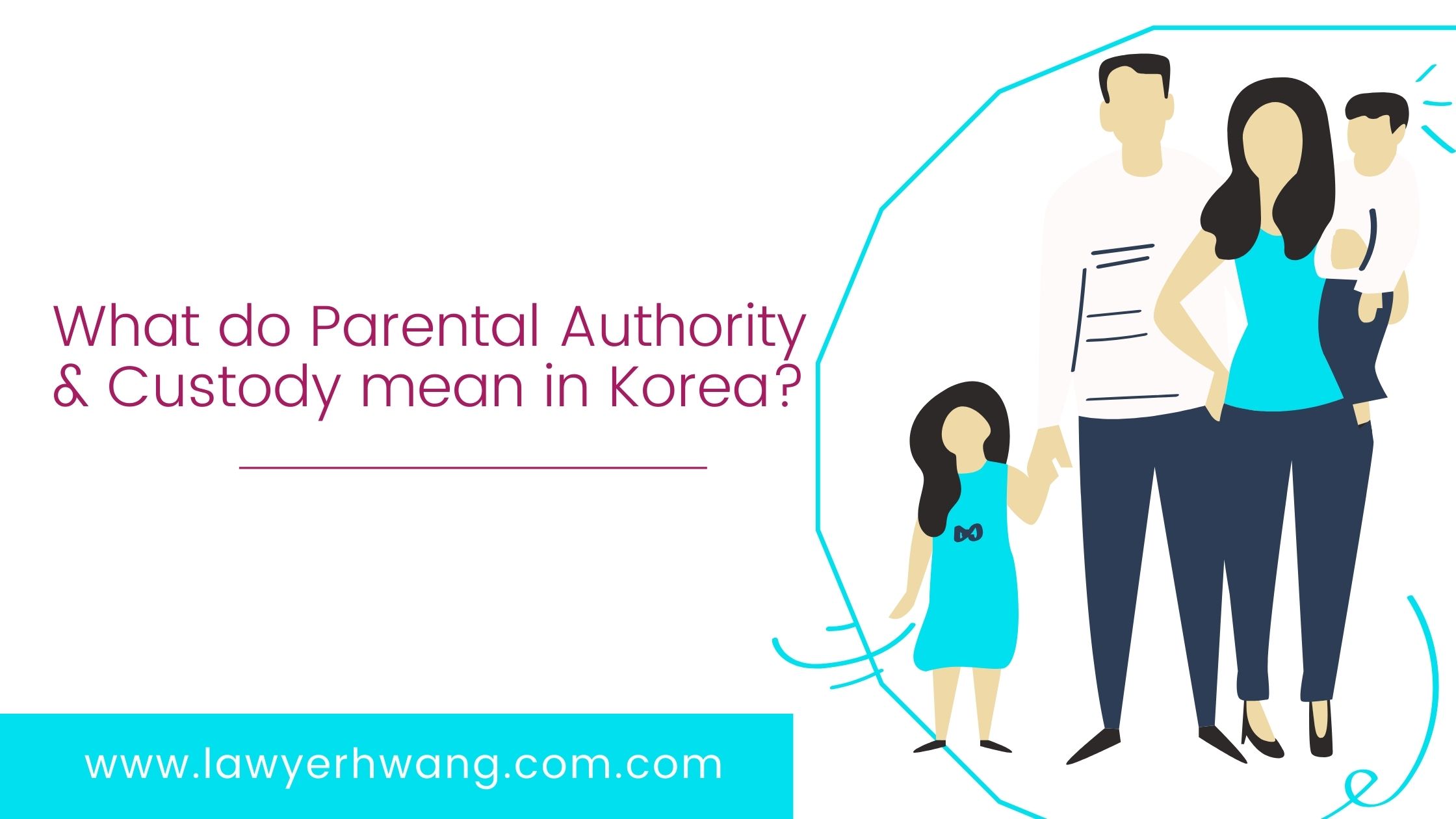




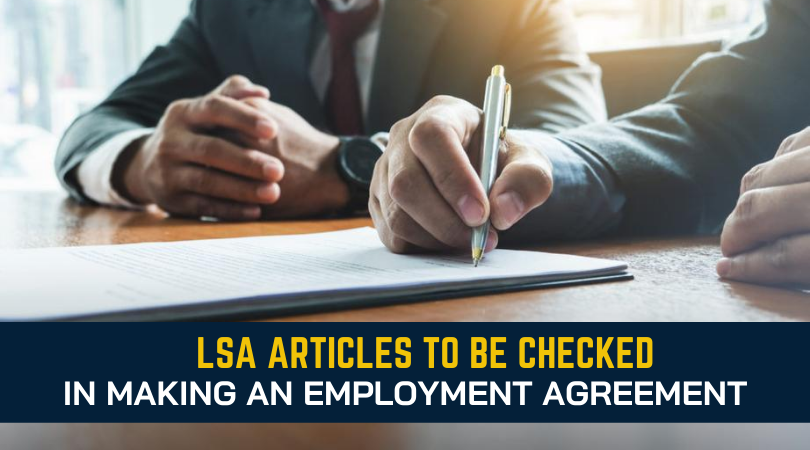
![[Supreme Court Decision – Criminal Law] – On Intent of Defamation](https://lawyerhwang.com/wp-content/uploads/2020/03/Supreme-Court-Decision-–-Criminal-Law-–-On-Intent-of-Defamation.png)
![[Supreme Court Decision – Criminal Law] – On Uploading a “Torrent File” of Obscene Videos](https://lawyerhwang.com/wp-content/uploads/2020/03/Supreme-Court-Decision-–-Criminal-Law-On-Uploading-a-“Torrent-File”-of-Obscene-Videos.png)






























